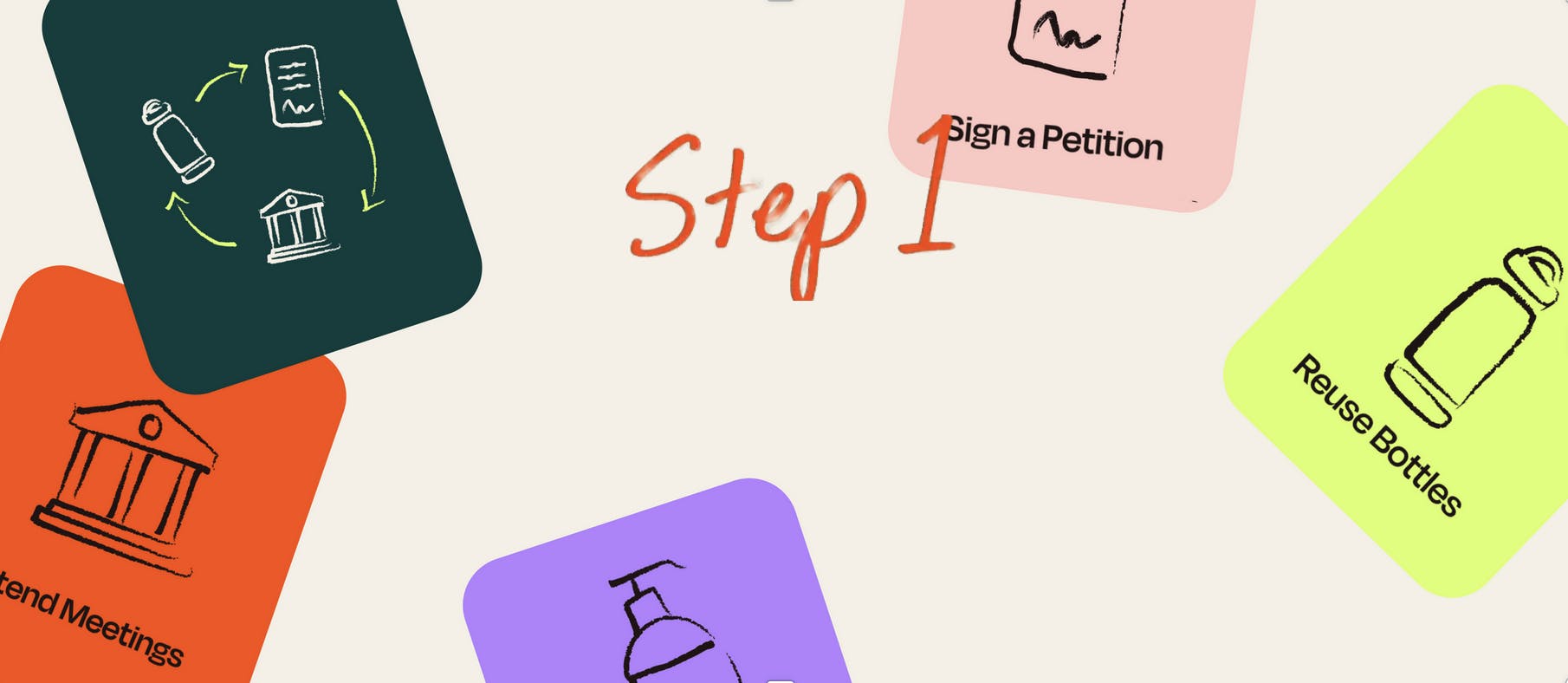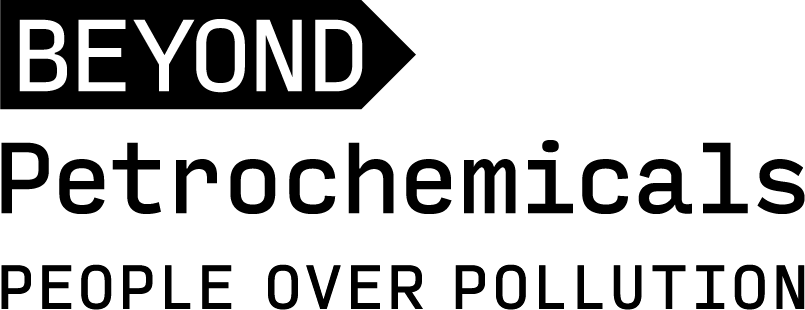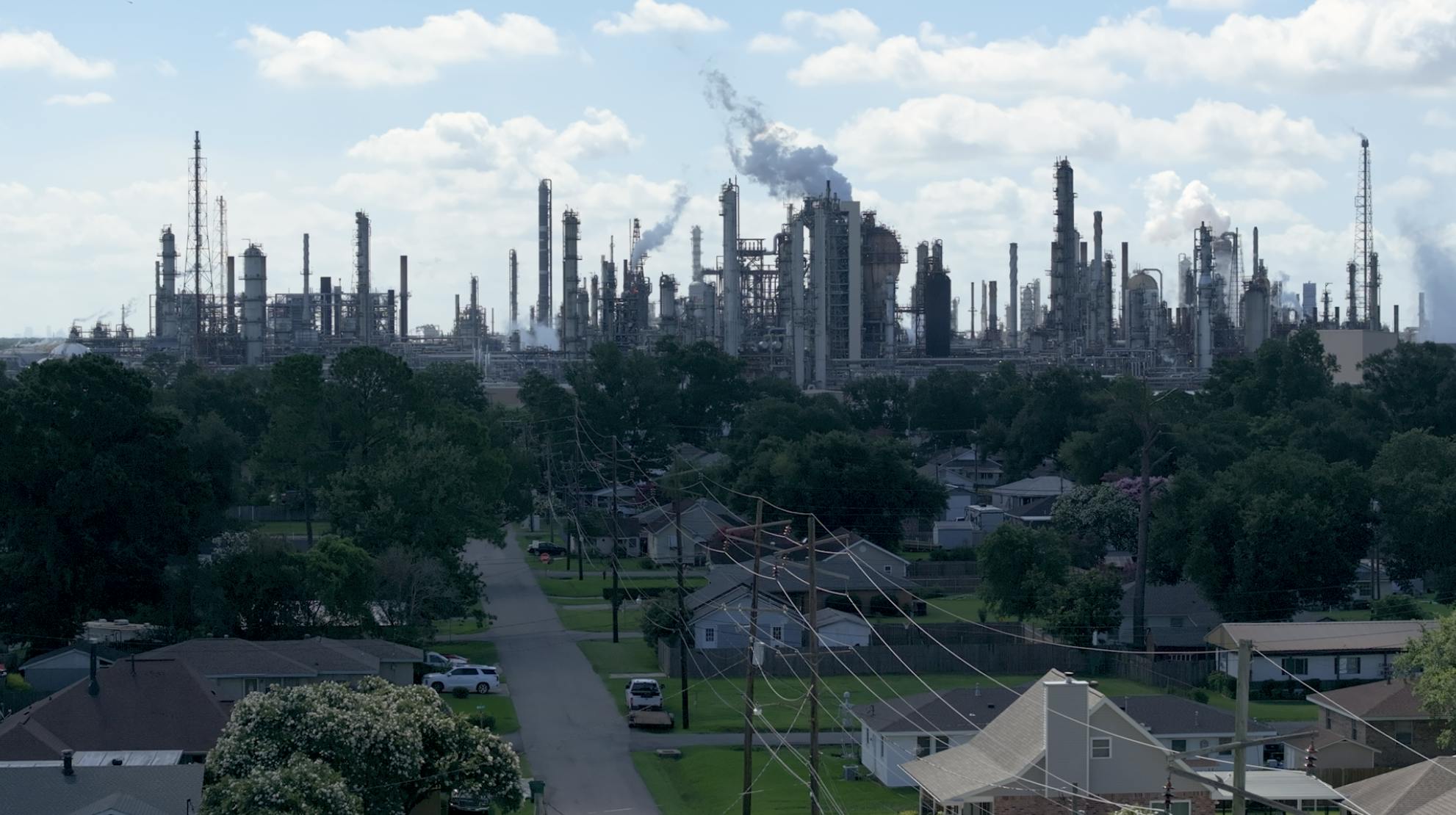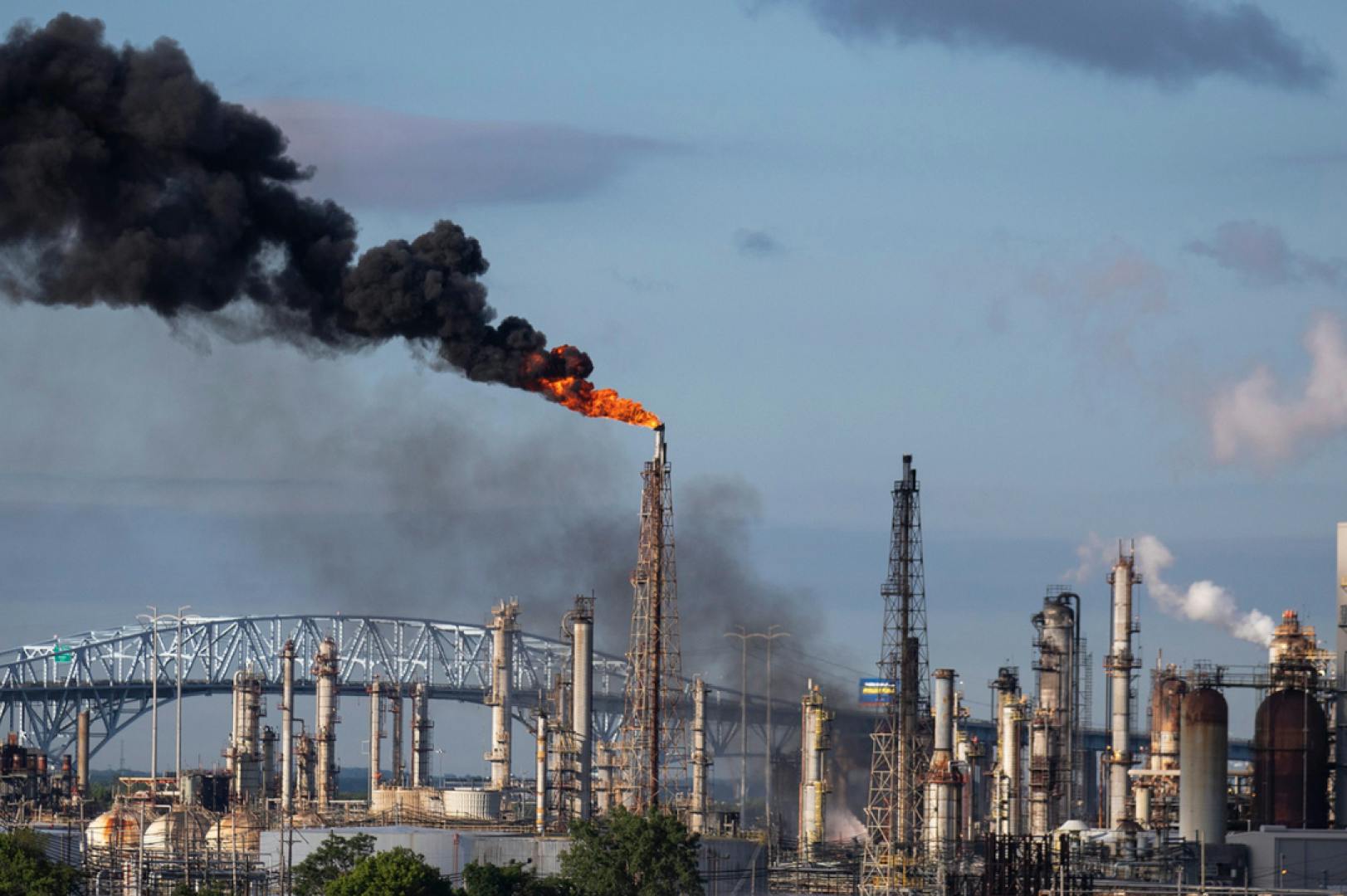Late last night, after two weeks of intense negotiations, delegates meeting at the United Nations finally agreed to language for a High Seas Treaty. This is a major milestone in a nearly two-decade effort to secure a treaty to govern and protect the High Seas, which make up 70% of the ocean and cover nearly half the planet. More than 160,000 supporters spoke up and urged leaders to act. This public support, along with the great work of partners like RISE UP, the High Seas Alliance, Greenpeace, and more, helped show decision-makers that people all over the world were watching and wanted action — and they delivered. There is still more work to do, as nations will now need to formally adopt the language and ratify the treaty at the country level. We will continue to keep you updated on campaign developments and the critical moments where we need your support.
What you need to know
Every day, we see alarming news about the threat of plastics and petrochemicals — to our health, our environment, and even our lives. It’s a threat that touches every single person. The plastic crisis may feel overwhelming, but we’re here to help take that first step to fight back.
How we got here
Plastics don’t just pollute our oceans — at every part of their lifecycle, plastics and the petrochemicals they’re made with contribute to pollution and put communities at risk. Plastics start in massive industrial plants built to churn out more plastic than we could ever need. These petrochemical facilities release toxic chemicals into the air and water, fueling health crises linked to higher rates of cancer, asthma, and other serious illnesses.
The statistics are sobering:
One petrochemical additive found in many common household plastics has been linked to 356,000 heart-related deaths in a single year.
Even as petrochemical facilities face a crumbling market and poor economic outlook, more than a hundred new facilities have been proposed in the U.S. alone. Many of these projects are fueled by massive tax breaks, funneling billions away from schools, roads, parks, and essential services. And once built, they lock us into decades of toxic pollution and plastic waste. We don’t have to accept this future.
Every big movement starts with a "Step One." We can each take that first step today to stand up against building more of these petrochemical facilities.













